7 Empowering Facets of Tai Chi
Wednesday September 19, 2018 by Marianne Gutierrez 872 words
1. The Tao
Tai Chi has its roots in Taoism, which began with the first emperor, Fu Hsi, at the start of Chinese civilization. Tai Chi today is an exercise regime, but it has its roots in a system that was a religious and political way of life.
Fu Hsi was the first of the legendary emperors of ancient China. His reign marked the starting point of Chinese civilization, and the Tao concept that originated at the same time also reflected the spirit of Chinese culture from this ancient beginning and the birth of Taoism.
Museum of Aviation / museumofaviation.com
2. The History of the 'Tao Te Ching'
Taoism includes meditation, marital arts, tai chi, herbalism, and medicine provided by food. Tai Chi also seems to be offering humanity a way of living that avoids religious conflicts, allowing human beings to adopt ancient concepts.
All the concepts of Taoism, beginning during the time of Fu Hsi, were collected in a document called Tao Te Ching. The writings are generally attributed to Lao Tzu — the Chinese philosopher credited with founding Taoism — despite the fact that the book was started thousands of years before Lao Tzu was born. It is thought that the name Lao Tzu may have been given to anyone who added to the teachings, just as “Christian” is a name of someone who believes the Bible is a spiritual truth.
Essentially, the “Tao Te Ching” was written as a collection of teachings from the original form of Taoism. Lao Tzu presented these teachings in an organized and accessible format. His work revitalized and energized Tao cultivation, so its importance cannot be overlooked. At the same time, it’s also important for us to recognize that Lao Tzu was not the one who “invented” concepts like wu wei, p’u, and ziran. Nor was he the first to talk about the significance of silence, harmony, intuition and emptiness.
HelloRFZCool / shutterstock.com
3. Tai Chi Today
Tai Chi is a gentle and effective program of movements that provides flexibility and fluidity of movement and strengthening.
There exists a long history of movement and exercise systems which are associated with Taoism. In some sense one can see elements of all of these as contributing to the climate from which Tai Chi emerged.
Fotokon / shutterstock.com
4. Tai Chi for All Ages
The physical movements of Tai Chi are not only safe for all age groups, but they’re extremely effective, as well. Tai Chi works with the individual, and improvements are made within their remit and practice.
GOLFX / shutterstock.com
5. Psychologically Helpful
Tai chi is part of the martial arts segment of Taoism. It was a defense stratagem that provided great strength not only physically, but mentally, as it aids in concentration and focus.
Many of us hold a perception of Tai Chi Ch’uan as a slow and gentle series of movements done by old folks in the park. Nothing could be further from the truth. The practice of Tai Chi requires tremendous strength, endurance and flexibility, as well as demanding enormous concentration and focus. In addition, properly applied, it is one of the deadliest and most devastating of the martial arts. A kind of moving meditation, it is a marvelous vehicle for cultivating the harmonization of body, mind and spirit, while promoting health and longevity.
Kaspars Grinvalds / shutterstock.com
6. Body Alignments
As with all exercise programs, the aim of Tai Chi is to realign the body, which then allows an increase of the flow of energy and the flow of blood and lymph. This flow of energy improves immunity and reduces illnesses as toxins are released and nutrients are supplied. All the movements of Tai Chi can also increase one’s balance and muscle control.
From a physiological standpoint, T’ai Chi, much like Yoga, cleanses and invigorates by increasing the flow of fluids through the body, as well as flushing the lymph nodes and lymphatic system. Its practice increases heart rate and blood flow, and also prompts the movement of joints through their full range of motion.
Ulza / shutterstock.com
7. Good Breathing Techniques
Tai Chi also combines deep, mindful breathing to help keep the mind, body, and spirit in harmony. One of the most fundamental aspects of life is breathing, yet the human species can be so poor at it.
Breathing pattern disorders (the extreme form of which is hyperventilation), automatically increase levels of anxiety and apprehension, which may be sufficient to alter motor control and to markedly influence balance control. Hyperventilation results in respiratory alkalosis, leading to reduced oxygenation of tissues (including the brain), smooth muscle constriction, heightened pain perception, speeding up of spinal reflexes, increased excitability of the corticospinal system, hyperirritability of motor and sensory axons, changes in serum calcium and magnesium levels, and encouragement of the development of myofascial trigger points – all or any of which, in one way or another, are capable of modifying normal motor control of skeletal musculature.
Because Tai Chi teaches good breathing techniques, it is an invaluable contribution to the quality of your daily life.
Songquan Deng / shutterstock.com

16 Warning Signs of Lupus to Watch Out For
1. Unexplained Fever Lupus can affect everyone differently and some may have …
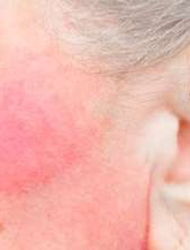
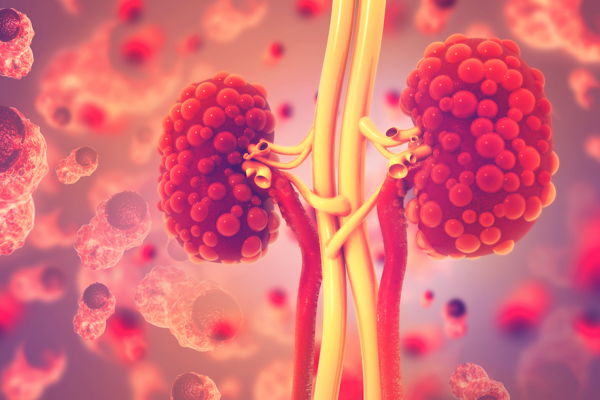
21 Features of Kidney Disease
1. Dizziness Kidney Disease is when the kidneys are not filtering blood …

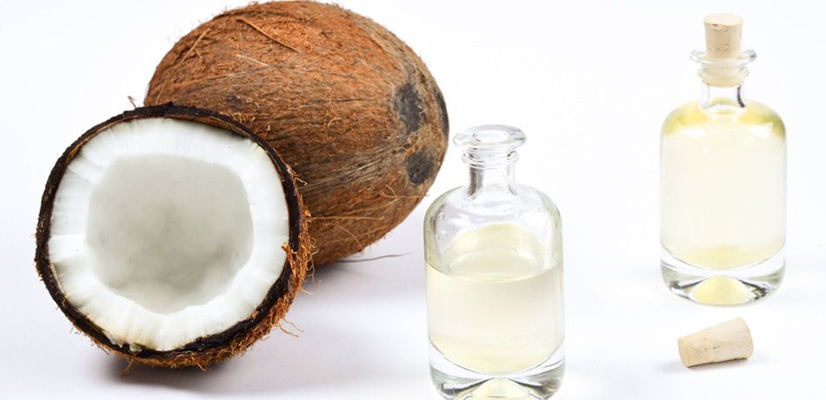
Top 10 Foods to Nourish Your Thyroid
Did you know that the food you eat can affect your thyroid health? Some foods …

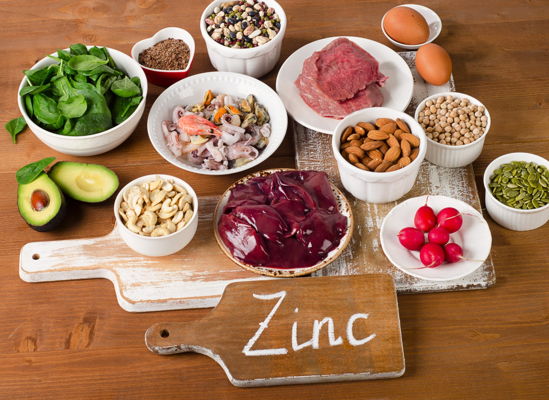
12 Facts About Your Borderline Personality …
1. It's Finally Classified As a Mental Illness Borderline Personality Disorder, …


12 Common Factors That Trigger Rosacea …
1. Makeup Some products used on the face and body or in the mouth ie: make-up, …

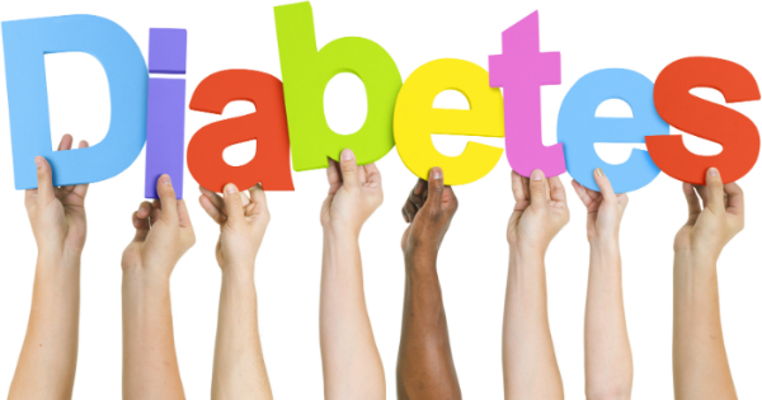
22 Common Symptoms of Type II Diabetes
1. Mood Changes Mood change is sometimes one of the first symptoms to suggest …
